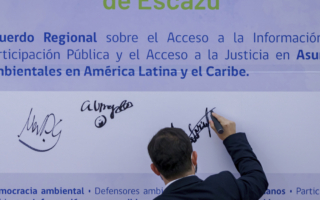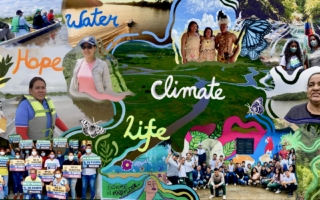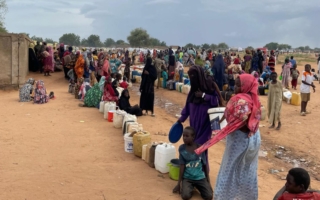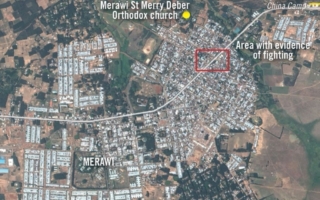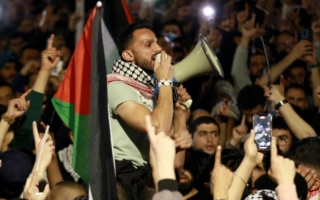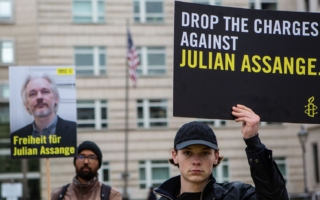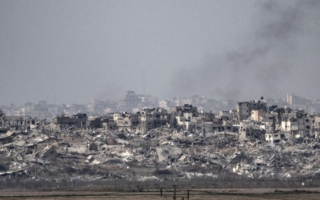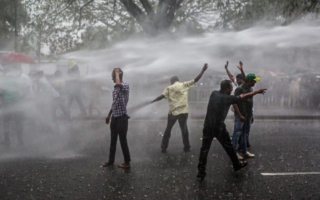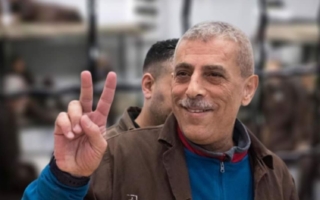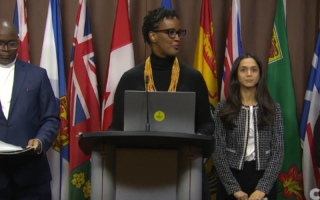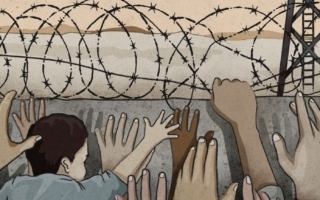
ISSUES & COUNTRIES
AMNESTY INTERNATIONAL
Amnesty International is a human rights organization and global movement of more than 10 million people in over 150 countries and territories who campaign for human rights. We are independent of any government, political ideology, economic interest or religion and are funded by individuals like you. We believe acting in solidarity and compassion with people everywhere can change our world for the better.
CAMPAIGNS
CANADA
REPORTS & PUBLICATIONS
- Amnesty Canada's 2023 Human Rights Agenda
- Member Publications Archive
- Criminalization, Intimidation and Harassment of Wet'suwet'en Land Defenders
- The Repression Trade: Investigating the Transfer of Weapons Used to Crush Dissent
- Amnesty International Annual Death Penalty Report
- Amnesty International Annual Human Rights Report
PRESS RELEASES
- Amnesty International Canada lays out human rights priorities ahead of next federal election
- Amnesty International Canada condemns ‘appalling’ anti-trans policy changes in Alberta
- Amnesty International Canada to make arguments in court in Black Class Action case
- Amnesty report tracks years-long campaign of criminalization, unlawful surveillance against Wet’suwet’en
- US veto of ceasefire resolution displays callous disregard for civilian suffering
PODCAST
Listen to Rights Back at You
We introduce you to fascinating people who are making change unstoppable. Hear powerful stories of resistance and solidarity and learn more about how you can take action now for human rights. This series connects the dots and passes the mic to people building a better future now. Together, we unravel the Canada you think you know and challenge the systems that hold back human rights.
NEWS












